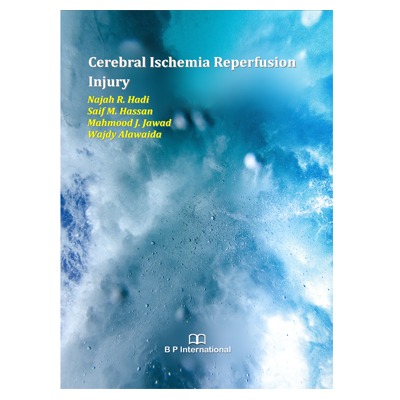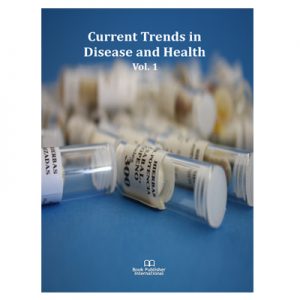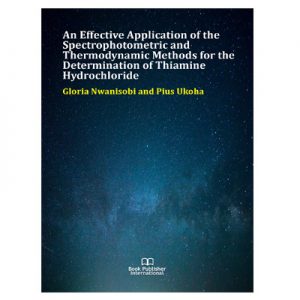Innate immunity is the first-line host defense mechanism that operates to protect animals (vertebrates and invertebrates) from infectious microorganisms. As such, it plays a critical role in containing most inflammatory processes. In addition, molecules induced during the innate immune response, including cytokines and co stimulatory molecules, play a critical role in the induction of the adaptive immune response in mammals. Mammalian toll-like receptors (TLRs) are members of the pattern-recognition receptor family and play a central role in the initiation of innate cellular immune responses and the subsequent adaptive immune responses. Toll-like receptors inflammatory pathways may be related to number of diseases such as clinical depression, gastrointestinal tract inflammatory diseases and cardiovascular disorders. This book has been written with the basic concept of toll-like receptors and their potential signaling pathways in inflammatory diseases. Toll-like receptors owe their names to a famous Drosophila gene, Toll. It was used in the early 1980s by C. Nu¨sslein-Volhard to qualify the phenotype of a new mutant discovered in her pioneering mutagenesis screen to dissect the genetic pathways controlling embryonic development in the fruit fly Drosophilamelanogaster. Toll-like receptors are protective immune sentries that sense pathogen-associated molecular patterns such as unmethylated double-stranded DNA, single-stranded RNA, lipoproteins, lipopolysaccharide, and flagellin. In innate immune myeloid cells, TLRs induce the secretion of inflammatory cytokines, thereby engaging lymphocytes to mount an adaptive, antigen-specific immune response. Individual TLRs differentially recruit members of a set of Toll/interleukin 1 receptor (TIR) domain-containing adaptors such as Myeloid differentiation primary response 88 (MyD88),TIR-domain-containing adapter-inducing interferon-\(\beta\) (TRIF),TIR-containing adaptor protein (Tirap), also named MyD88 adaptor-like protein (TIRAP/MAL), or TRAM. My D88 is utilized by all TLR sand activates nuclear factor kappa-light-chain-enhancer of activated B cells) NF- kB (and Mitogen-activated protein kinase) MAPKs (for the induction of inflammatory cytokine genes. Toll receptors play detrimental role in cardiovascular disease like ischemia-reperfusion injury (IRI), atherosclerosis, Diabetic nephropathy, Gastrointestinal (GIT) disorders like Inflammatory bowel disease (IBD) and Helicobacter pylori (H. pylori), Brain diseases like (Neurodegenerative conditions such as Alzheimer’s disease), and Cancer.
Cerebral Ischemia Reperfusion Injury
Najah R. Hadi
Faculty of Medicine University of Kufa, Iraq.
Saif M. Hassan
Pharmacology and therapeutics, Al Zahrawi University College, Iraq.
Mahmood J. Jawad
Pharmacology and therapeutics, Al Zahrawi University College, Iraq.
Wajdy Alawaida
Department of Biology and Biotechnology, American University of Madaba, Madaba, Jordan, P. O. Box: 2882 Amman 11821 Jordan.
Book Details
| Author | Najah R. Hadi |
|---|---|
| Pages | 63 |
| Publisher | B P International |
| Language | English |
| ISBN-13 (15) | 978-93-91473-00-6 (Print) |
| Published | July 02, 2021 |





